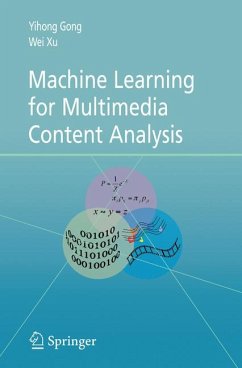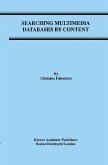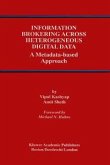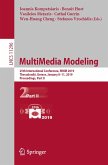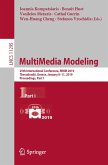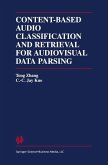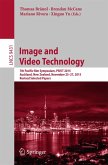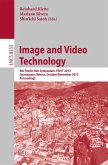Machine Learning for Multimedia Content Analysis introduces machine learning techniques that are particularly powerful and effective for modeling spatial, temporal structures of multimedia data and for accomplishing common tasks of multimedia content analysis. This book systematically covers these techniques in an intuitive fashion and demonstrates their applications through case studies. This volume uses a large number of figures to illustrate and visualize complex concepts, and provides insights into the characteristics of many algorithms through examinations of their loss functions and straightforward comparisons.
Machine Learning for Multimedia Content Analysis is designed for an academic and professional audience. Researchers will find this book an invaluable tool for applying machine learning techniques to multimedia content analysis. This volume is also suitable for practitioners in industry.
Dieser Download kann aus rechtlichen Gründen nur mit Rechnungsadresse in A, B, BG, CY, CZ, D, DK, EW, E, FIN, F, GR, HR, H, IRL, I, LT, L, LR, M, NL, PL, P, R, S, SLO, SK ausgeliefert werden.
Hinweis: Dieser Artikel kann nur an eine deutsche Lieferadresse ausgeliefert werden.

